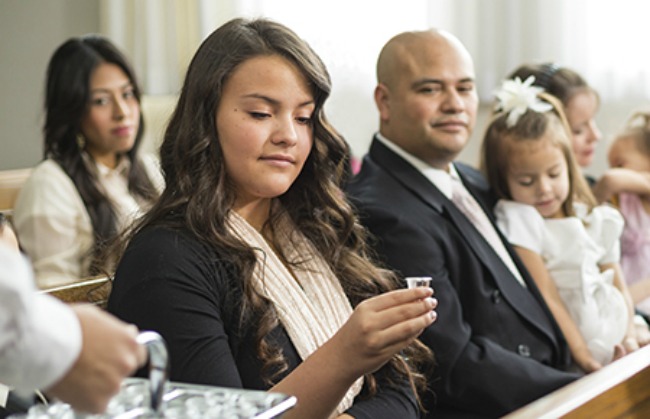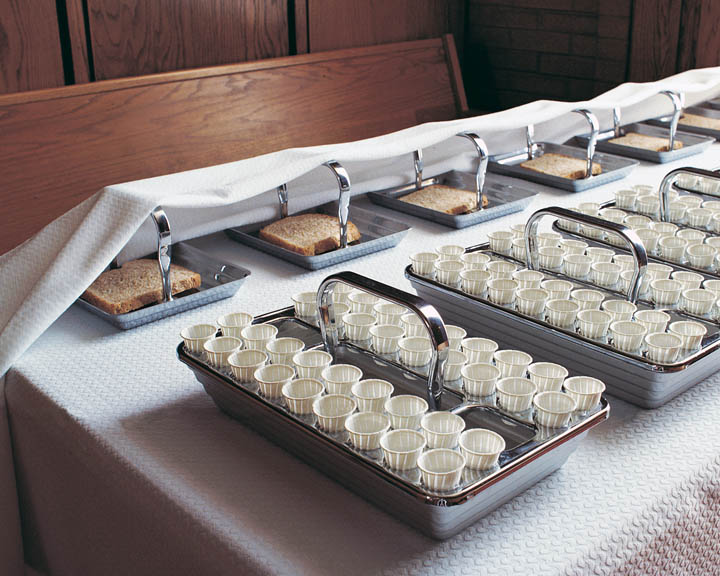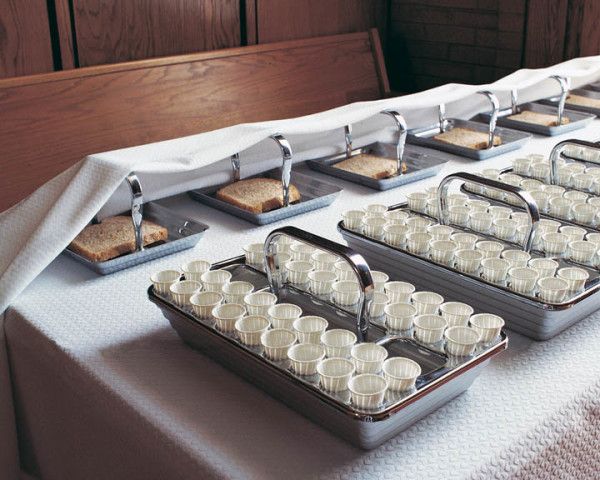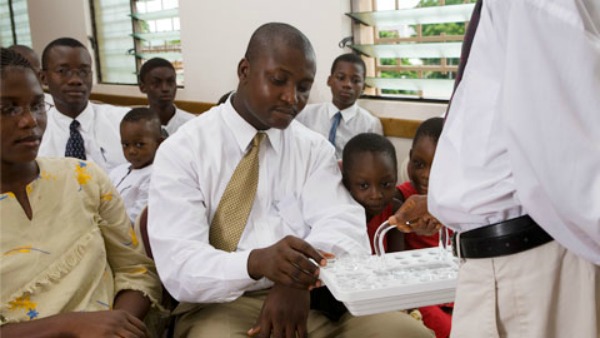Question
Gramps,
In 3 Nephi 18:28-29 it states:
28 And now behold, this is the commandment which I give unto you, that ye shall not suffer any one knowingly to partake of my flesh and blood unworthily, when ye shall minister it;
29 For whoso eateth and drinketh my flesh and blood unworthily eateth and drinketh damnation to his soul; therefore if ye know that a man is unworthy to eat and drink of my flesh and blood ye shall forbid him.
How do Young Men know who should not receive the Sacrament ?
David
Answer
David,
To understand this we need to first understand the context of the verses in question. Christ had come to the Nephites and he had chosen his Leaders, and was teaching the people. In verse 3 Nephi 18 we read
26 And now it came to pass that when Jesus had spoken these words, he turned his eyes again upon the disciples whom he had chosen, and said unto them:
This verse makes it very clear that the instructions that come in verse 28 and 29 (which you quoted) are not to the church at-large, but to the leaders of the Church. This continues to be true. It is not the job or task or assignment of the Young Men to know or judge the worthiness of a partaker of the Sacrament. Their only job in this task is to administer the Sacrament as directed by the bishop.
It is also not the job of other members of the congregation to make such judgments about another person’s worthiness and Sacrament participation. In a ward only two people have that God given responsibility. The first one is the bishop, the second one is that each individual should evaluate their own worthiness (and only their own) before they partake.
If for whatever reason an individual has information that might affect the worthiness of someone else and they feel that they must do something about it, then the correct course of action is for that member to privately bring such information to the bishop and then leave it in his hands (and the Lord’s).
Gramps







